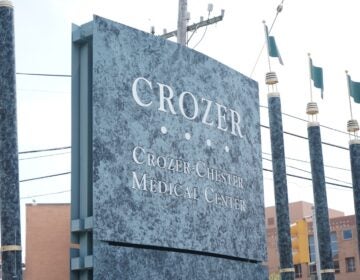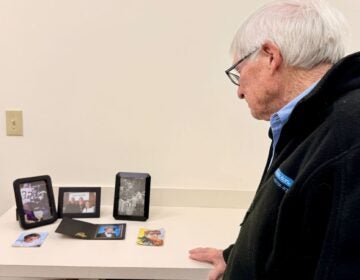The Mind-Body Feedback Loop
On this episode, we explore the mind-body connection.
Listen 51:18
We all know how stress — or anger, or pangs of anxiety — can affect the body. Your heart rate increases; your blood pressure rises; maybe your palms feel sweaty, or your stomach feels tight. Likewise, our bodies have a profound impact on our minds. When we experience pleasure, happy chemicals flood our brains, keeping us calm and relaxed. Chronic pain, on the other hand, can cause anxiety, depression — even problems with memory and focus.
The mind and body form a powerful feedback loop — with each triggering processes in the other. But in medicine, there is still a firm line separating physical symptoms from thoughts and emotions, a barrier between physical and mental health.
Increasingly, though, researchers are challenging that disconnect, and new treatments are exploring surprising ways in which the body helps heal the mind, and vice versa. On this episode, we explore the mind-body connection. We’ll hear stories about how meditation is being used to treat long COVID, the burgeoning field of cardiac psychology, and harnessing our fight-or-flight response to treat PTSD.
Also heard on this week’s episode:
- Maiken visits Ignite Sadhana, a yoga studio in New Jersey, to participate in a workshop that teaches the Wim Hof method. Wim Hof is known for his abilities to perform athletic challenges under extremely difficult circumstances and in very cold temperatures. The workshop includes breathing techniques and an ice bath, aimed at tapping into the body’s autonomic nervous system.
- We talk with William Breitbart, chairman of the psychiatry department at Memorial Sloan Kettering Cancer Center, about the groundbreaking work of his late colleague, Jimmie Holland, in bringing mental health into the treatment of cancer.
- Journalist Stephanie Foo was at the top of her field, and seemingly on top of the world — and yet, in secret, she was plagued by panic attacks and daily breakdowns. At the age of 30, Foo received a diagnosis: complex PTSD from years of childhood abuse and neglect. We talk with Foo about her journey to learn about complex PTSD, its effects on the body, and her search for a cure. Her memoir is “What My Bones Know: A Memoir of Healing from Complex Trauma.”
- PTSD has long been considered a disorder of the mind — but in recent years, there’s been a growing focus on the idea that trauma can be stored in the body. Enter Somatic Experiencing — an alternative therapy that aims to treat trauma using a body-first approach. Reporter Liz Tung explores what this therapy is, and how it works.
Segments from this episode
WHYY is your source for fact-based, in-depth journalism and information. As a nonprofit organization, we rely on financial support from readers like you. Please give today.






